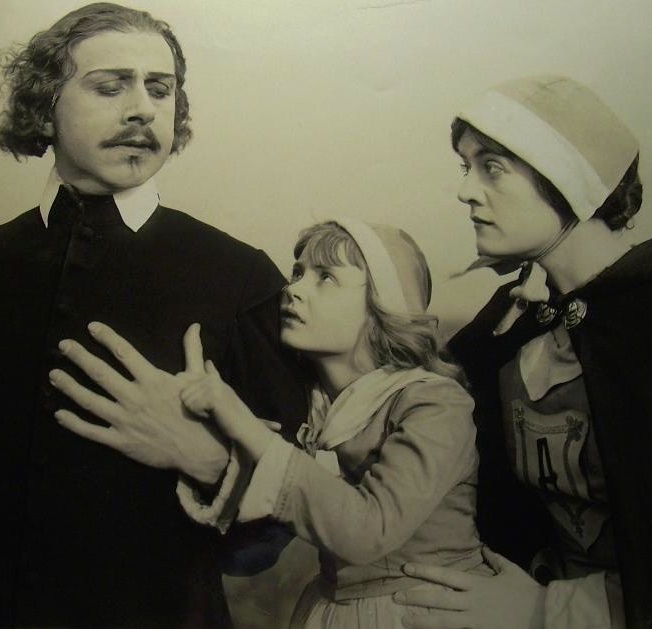
Oops, Columbus didn’t “discover” America
America was already
an “old world”…
Yesterday was the 526th anniversary of the “discovery” of “the New World” by Christopher Columbus.
Columbus and his men made landfall in the Bahamas, possibly on what is now called San Salvador Island, on October 12, 1492. You may know the song: “the Nina, the Pinta, the Santa Maria, were sailing vessels three…”
Let’s cut to the chase: Columbus never “discovered” America. He never saw the North American continent, much less set foot on it. Columbus made four voyages across the Atlantic Ocean and did a lot of snooping around the Caribbean islands and the northern coast of South America.
An adventurer named Juan Ponce de León gets the teddy bear for being the first European to wade ashore on the coastline of what is now the continental United States. He explored the coast of a land mass that he named “Florida” more than 20 years after the first Columbus gig—on April 2, 1513, de León and his men landed (possibly at the place we now call St. Augustine) and claimed the territory for Spain.
Of course, the Europeans were late to the party.
Millions of native Americans—probably tens of millions—had been living on the North American continent for thousands of years before the smelly, hairy white men from Europe barged in.
* * * * * *
Copyright © Richard Carl Subber 2018 All rights reserved.
Book review: American Colonies
So many and so much
came before the Pilgrims
by Alan Taylor
–
Writing Rainbows: Poems for Grown-Ups with 59 free verse and haiku poems,
and the rest of my poetry books are for sale on Amazon (paperback and Kindle)
and free in Kindle Unlimited, search Amazon for “Richard Carl Subber”
* * * * * *



